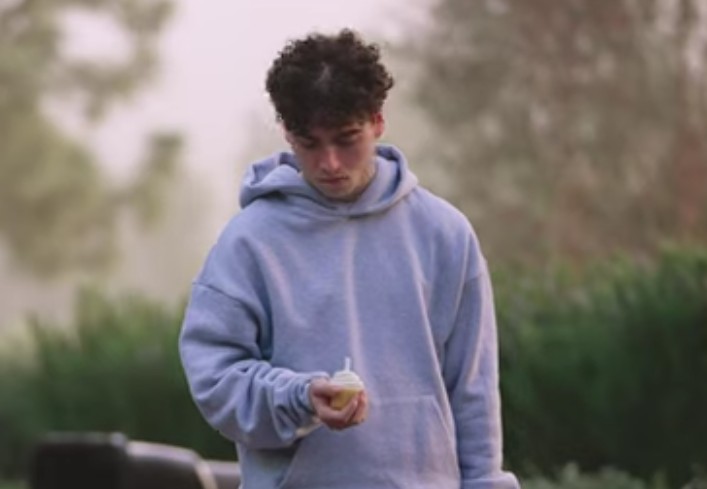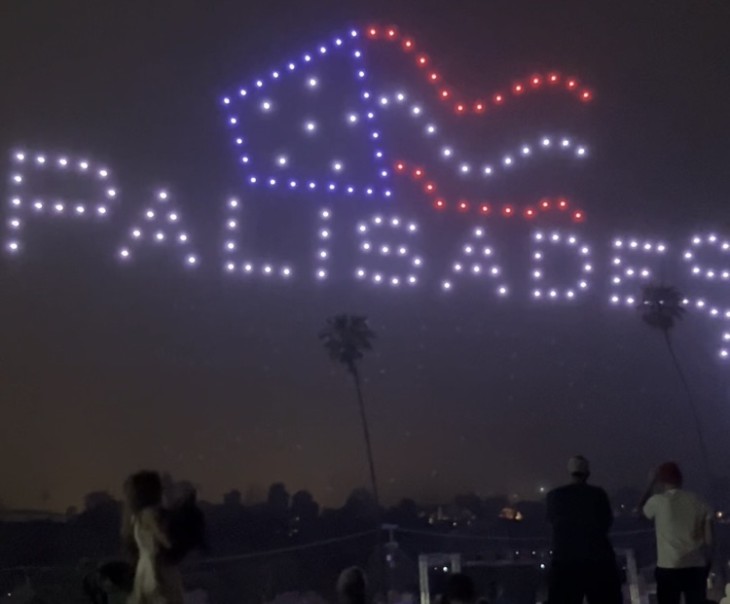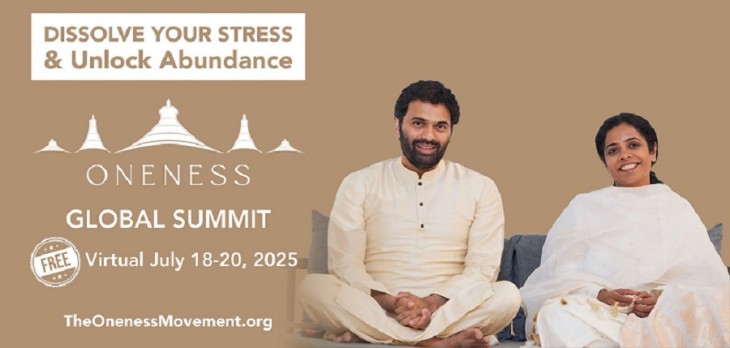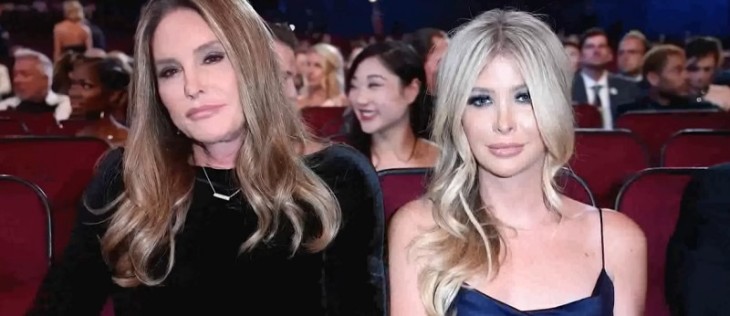Intricately filmed, as if it was had been shot in a single take, and driven by the beat of a pounding drum, “Birdman” is soaring over Hollywood today, having claimed four Oscars, including best picture and best director, but its star, veteran Michael Keaton, was passed over.
“All the people that were behind this film (were) really heroes, because the idea was really crazy,” director Alejandro Gonzalez Inarritu said Sunday night during the 87th Oscars at the Dolby Theatre. “A script that starts with a middle-aged man, interior dressing room, cross-legged, floating — … and we are here. I don’t know how that happened, but it happened.”
The film’s Michael Keaton — once considered a front-runner for best actor — instead watched Eddie Redmayne collect the prize for his work in “The Theory of Everything,” while Julianne Moore won her first career Oscar for “Still Alice.”
“Birdman or (The Unexpected Virtue of Ignorance)” and “The Grand Budapest Hotel” each collected four Oscars. The one-time front-runner, “Boyhood” — the innovative family drama filmed over 12 years with the same cast — collected only one statuette, a supporting actress Oscar for Patricia Arquette.
In addition to best picture and best director, Inarritu also shared the original screenplay award for “Birdman,” and the film won a cinematography honor for Emmanuel Lubezki, who also won last year for “Gravity.”
Redmayne, 33, celebrated his first Oscar win on his first nomination for his spot-on turn as physicist Stephen Hawking in “The Theory of Everything.”
“I am fully aware that I am a lucky, lucky man,” he said. “This Oscar — wow — this Oscar, this belongs to all of those people around the world battling ALS.”
He dedicated the honor to Hawking and his family, but said he will be the statuette’s “custodian.”
“I promise you I will look after him. I will polish him. I will answer his beck and call. I will wait on him hand and foot,” Redmayne said.
Moore, who celebrated a win on her fifth career nomination, was honored for her portrayal of a linguistics professor with early-onset Alzheimer’s disease in “Still Alice.”
“I read an article that said that winning an Oscar could lead to living five years longer,” the 54-year-old actress said. “If that’s true I’d really like to thank the Academy because my husband is younger than me.”
She also praised the filmmakers — Wash Westmoreland and Richard Glatzer — for shining a light on the scourge of Alzheimer’s.
“So many people with this disease feel isolated and marginalized, and one of the wonderful things about movies is it makes us feel seen and not alone,” Moore said. “And people with Alzheimer’s deserve to be seen, so that we can find a cure.”
J.K. Simmons and Arquette capped their awards-season success stories by claiming Oscars for their supporting roles in “Whiplash” and “Boyhood,” respectively.
Simmons, 60, a longtime character actor, collected his first career Oscar — on his first nomination — for his role as a hard-driving music instructor who pushes a student (Miles Teller) to the brink.
Simmons heaped praise on his wife, Michelle Schumacher, and two children, while making a plea to the audience to respect their parents.
“Tell them you love them and thank them and listen to them for as long as they want to talk to you. Thank you. Thank you, mom and dad,” he said.
Arquette, 46, in addition to thanking her family and the cast and crew of “Boyhood,” brought many in the crowd to their feet when she made an impassioned call for equal rights for women.
“To every woman who gave birth, to every taxpayer and citizen of this nation — we have fought for everybody else’s equal rights,” she said. “It’s our time to have wage equality once and for all and equal rights (for) women in the United States of America.”
The Oscar was also the first win and nomination for Arquette.
Moore, Simmons and Arquette essentially swept most of the pre-Oscar ceremony awards, including winning Screen Actors Guild and Golden Globe awards.
“The Grand Budapest Hotel” collected four Oscars, including the first career win in eight nominations for Alexandre Desplat for his original score. The film’s costume designer, Milena Canonero, won her fourth career Oscar for her work on the quirky period film. She previously won Oscars for “Barry Lyndon,” “Chariots of Fire” and “Marie Antoinette.”
Anderson’s film also claimed Oscars for production design for Adam Stockhausen and Anna Pinnock, as well as for Frances Hannon and Mark Coulier for makeup and hairstyling.
Graham Moore won the award for adapted screenplay for “The Imitation Game,” the story of British code-breaker Alan Turing, who is credited with saving millions of lives but committed suicide after being convicted of sexual indecency because he was gay.
“When I was 16 years old, I tried to kill myself because I felt weird and I felt different and I felt like I did not belong,” Moore said. ” … I would like for this moment to be for that kid out there who feels like she’s weird or she’s different or she doesn’t fit in anywhere. Yes, you do. I promise you do. Stay weird, stay different and then when it’s your turn and you are standing on this stage, please pass the same message.”
John Legend and Common won the Oscar for best original song for their anthem “Glory” from the civil-rights film “Selma.”
Disney’s “Big Hero 6” — about a robotics prodigy who teams with his colleagues to take on a villain — won the Oscar for best animated film, marking the first Academy Awards for producers Don Hall, Chris Williams and Roy Conli.
The win was a bit of an upset over “How to Train Your Dragon 2,” which won the top prize from the International Animated Film Society.
“Feast,” a Disney-produced short about a junk-food-loving dog that was shown in theaters alongside “Big Hero 6” won the animated-short Oscar, for producers Patrick Osborne and Kristina Reed.
“Ida,” a Polish movie about a young would-be nun who embarks on a journey with her aunt to delve into their family history, was named best foreign-language film.
Mat Kirkby and James Lucas won the Oscar for live action short film for “The Phone Call,” about a help-line call center worker who fields a call from a suicidal man; while Ellen Goosenberg Kent and Dana Perry won for documentary short subject for “Crisis Hotline: Veterans Press 1,” about counselors who work for the 24-hour Veterans’ Crisis Line.
“CitizenFour,” the film portrait of Edward Snowden and the NSA spying scandal, was awarded the Oscar for documentary feature. Laura Poitras, who accepted the award along with co-producers Mathilde Bonnefoy and Dirk Wilutzky, thanked the organizations that backed the film and Snowden for his “courage.”
“The disclosures that Edward Snowden revealed don’t only expose a threat to our privacy but to our democracy itself,” she said. “When the most important decisions being made affecting all of us are made in secret, we lose our ability to check the powers that control.”
The Oscar for sound mixing went to Craig Mann, Ben Wilkins and Thomas Curley for “Whiplash,” which also earned a film-editing prize for first-time winner Tom Cross. The award for sound editing went to Alan Robert Murray and Bob Asman for “American Sniper.”
For visual effects, the Oscar was claimed by Paul Franklin, Andrew Lockley, Ian Hunter and Scott Fisher for “Interstellar.”
Here is the complete list of winners of the 87th Academy Awards, which were presented Sunday night at the Dolby Theatre:
Supporting Actor
— J.K. Simmons, “Whiplash”
Costume Design
— Milena Canonero, “The Grand Budapest Hotel”
Makeup and Hairstyling
— Frances Hannon and Mark Coulier, “The Grand Budapest Hotel”
Foreign Language Film
— “Ida,” Poland
Live Action Short Film
— “The Phone Call,” Mat Kirkby and James Lucas
Documentary Short Subject
— “Crisis Hotline: Veterans Press 1,” Ellen Goosenberg Kent and Dana Perry
Sound Mixing
— Craig Mann, Ben Wilkins and Thomas Curley, “Whiplash”
Sound Editing
— Alan Robert Murray and Bob Asman, “American Sniper”
Supporting Actress
— Patricia Arquette, “Boyhood”
Visual Effects
— Paul Franklin, Andrew Lockley, Ian Hunter and Scott Fisher, “Interstellar”
Animated Short Film
— “Feast,” Patrick Osborne and Kristina Reed
Animated Feature Film
— “Big Hero 6,” Don Hall, Chris Williams and Roy Conli
Production Design
— Adam Stockhausen (production design); Anna Pinnock (set decoration), “The Grand Budapest Hotel”
Cinematography
— Emmanuel Lubezki, “Birdman”
Film Editing
— Tom Cross, “Whiplash”
Documentary Feature
— “CitizenFour,” Laura Poitras, Mathilde Bonnefoy and Dirk Wilutzky
Original Song
— “Glory” from “Selma,” music and lyric by John Stephens (John Legend) and Lonnie Lynn (Common)
Original Score
— Alexandre Desplat, “The Grand Budapest Hotel”
Original Screenplay
— Alejandro Inarritu, Nicolas Giacobone, Alexander Dinelaris Jr. and Armando Bo, “Birdman”
Adapted Screenplay
— Graham Moore, “The Imitation Game”
Director
— Alejandro Inarritu, “Birdman”
Best Actor
— Eddie Redmayne, “The Theory of Everything”
Best Actress
— Julianne Moore, “Still Alice”
Best Picture
— “Birdman,” Alejandro Inarritu, John Lesher and James W. Skotchdopole


























